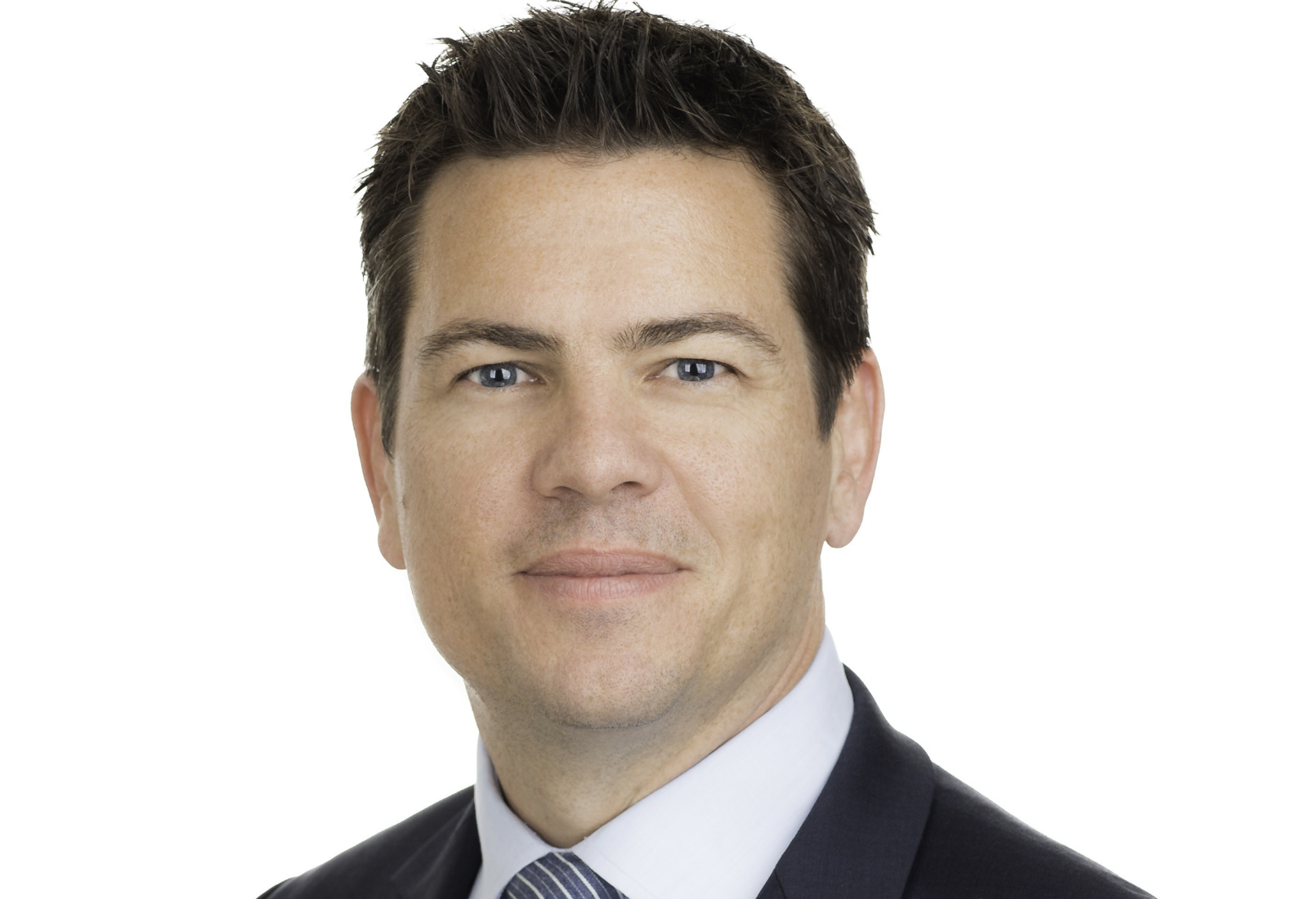But spending and policy measures unveiled in Canberra could have gone further in tackling inflation and setting up economic reform for the medium-term outlook, he said.
While Treasurer the Hon Dr Jim Chalmers delivered the first budget surplus in 15 years, he still faced a challenging balancing act over fighting inflation and helping out vulnerable Australians, according to the highly-regarded economist.
"If you start by thinking about the primary challenges the treasurer and the government faced in terms of what it was seeking or needed to try to deliver in this budget, it's pretty challenging,” he said.
"It's a hard space to be in right now. It's a hard space for policymakers in general because of the overall global and local picture."
With inflation too high, and the RBA's 375 basis points increase in a year, the difficulty the government was left with was any spending would fuel inflation further.
“It leaves them with this very unfortunate position where the only real option to get the economy back on track and get inflation back to where it needs to be is to slow the economy down,” he added.
“That presents them with a pretty big challenge.
“If they really pump the economy right now, they'd be doing exactly the wrong thing because they've got to try their best to help the RBA to get inflation back to where it needs to be.
“The economy's already operating beyond its capacity and inflation's too high.”
Noting that the government had a choice to either cut spending and increase taxes to help the RBA out with its inflation challenge, he acknowledged the political reality of the situation.
“It's a very difficult choice to make, and therefore that's not what was made,” he said.
“There's the political reality out there that actually there are vulnerable households that need support.
“That's where we've landed - with a budget that doesn't do as much inflation fighting as it potentially could have done.”
Concluding the webinar with an interest rate outlook, he said the increase cycle was nearing its peak – with the possibility of more rise by the Fed and the ECB, and possibly two by the Bank of England.
But he cautioned members not to expect cuts during 2023, saying: “They are not on the agenda for this year.”
Watch the webinar on demand here.








